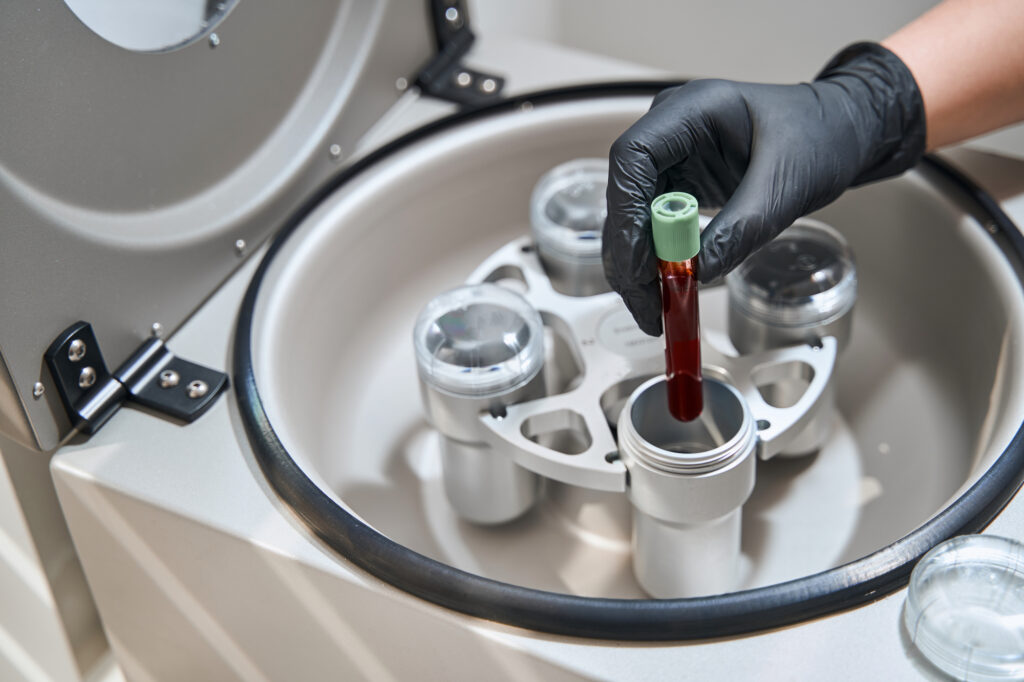Postmenopausal women are at an increased risk of developing certain types of cancer, such as breast and ovarian cancer. While the risk of developing cancer increases with age, there are steps that women can take to manage their risk and detect cancer early. One important step is to receive regular care from a qualified OB/GYN, such as Dr. Jeffrey Kotzen, who can help to monitor for cancer risk and provide appropriate treatment.
Benefits of regular care from Dr. Jeffrey Kotzen:
Early detection:
Regular checkups with Dr. Kotzen can help to detect cancer early, when it is most treatable. This can improve the chances of successful treatment and reduce the risk of cancer spreading.
Personalized risk assessment:
Dr. Kotzen can help to assess a woman’s individual risk of developing cancer based on factors such as family history and personal health history. This can help to guide appropriate screening and prevention strategies.
Preventive care:
Dr. Kotzen can provide preventive care, such as cancer screenings and vaccinations, to help reduce the risk of developing cancer.
Hormone therapy:
Hormone replacement therapy (HRT) can help to manage symptoms of menopause, but it is important to work with a qualified OB/GYN such as Dr. Kotzen to ensure that administration of HRT is properly handled so as to protect patients from the risk of uterine or breast cancer.
Education and support:
Dr. Kotzen can provide education and support to help women understand their cancer risk and make informed decisions about their health.
Coordination of care:
Dr. Kotzen can work with other healthcare providers to ensure that women receive appropriate care for cancer prevention and treatment. Dr. Kotzen has close relationships with other health care providers.
Quality of life:
Regular care from Dr. Kotzen can help to improve quality of life for women as they age. This can include managing symptoms of menopause and ensuring that women receive appropriate care for other health conditions.
Source:
American Cancer Society. (2021). Breast cancer risk and prevention. https://www.cancer.org/cancer/breast-cancer/risk-and-prevention.html



